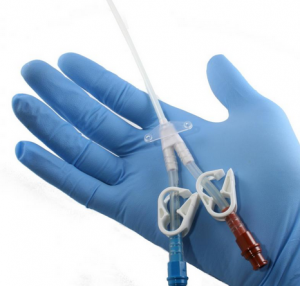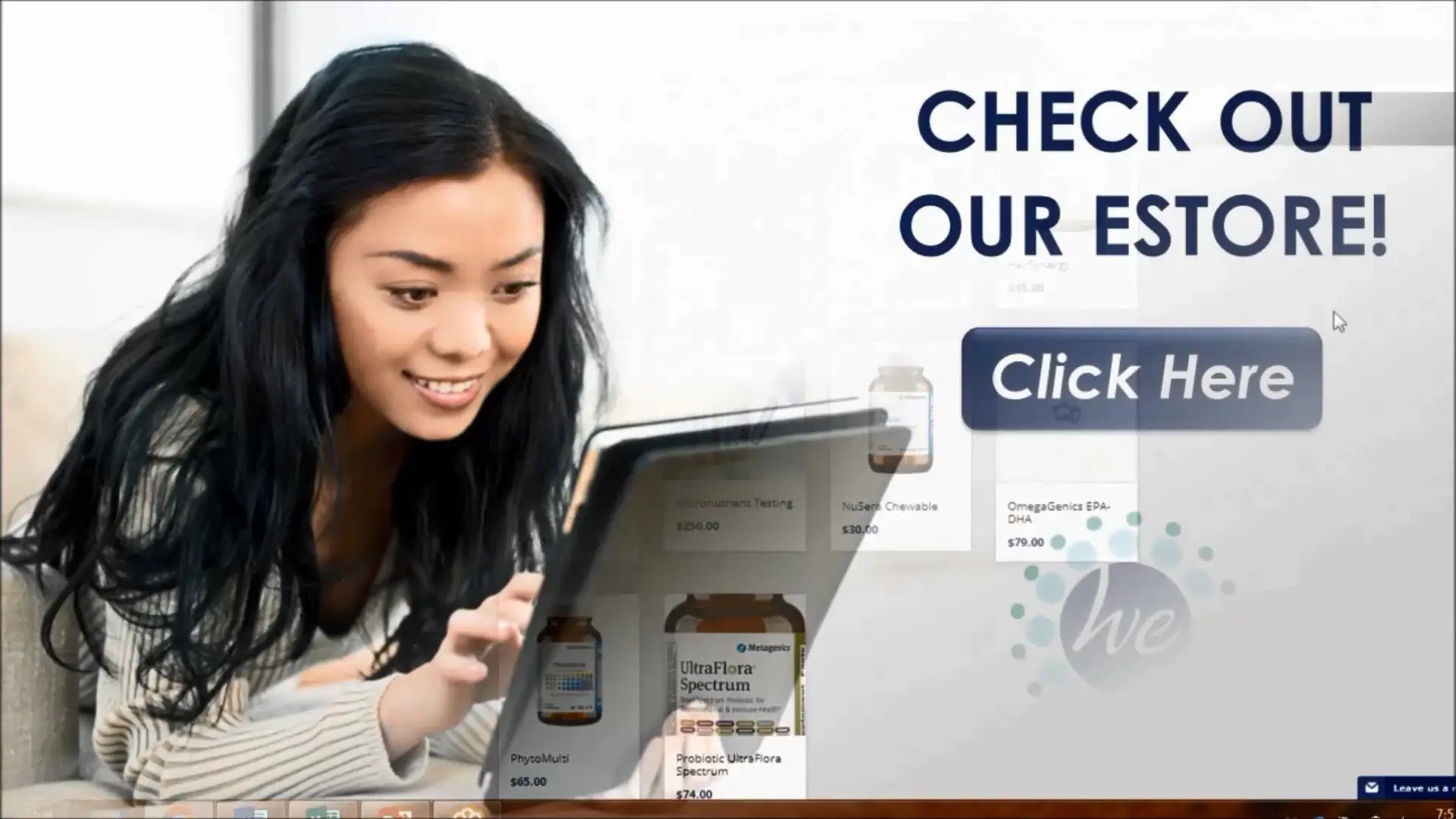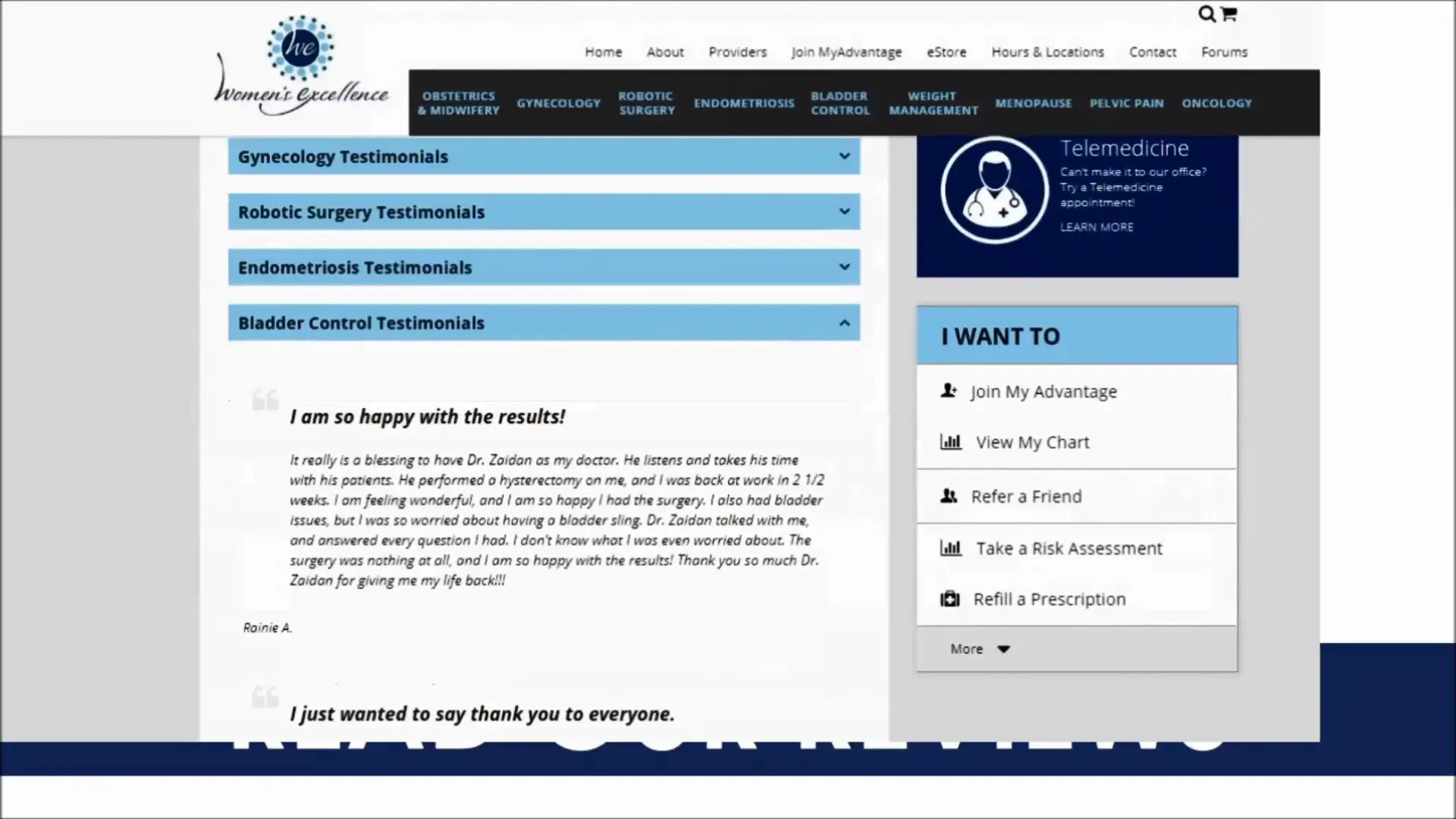
Diagnosing interstitial cystitis/painful bladder syndrome (IC/PBS) isn’t as simple as just taking a medical history and looking into symptoms. Practitioners rely heavily on the information gathered during a potassium sensitivity test to guide them toward a diagnosis. Women who have symptoms of overactive bladder might need this test done to help determine the root cause of the issue so appropriate treatment can begin.
What do you need to know?
A PST allows us to know that you have this problem (IC/PBS) that we would not know otherwise. Once we know you have IC, we can more effectively treat you.
What is IC?
Interstitial cystitis is a disease of the bladder that can cause pelvic pain, pressure, or discomfort.
Symptoms of IC:
- Urgency: The sensation of having to urinate immediately. May include pain, pressure, or spasms.
- Frequency: The need to urinate often, even during the night.
- Pain: In the lower abdomen, vaginal, or urethral area. Often occurs with sexual intercourse.
How do I know if I have IC?
Your doctor will be able to diagnose IC after a thorough history and physical, as well as a potassium sensitivity test (PST).
What is a PST?
A potassium sensitivity test (PST) is a simple office procedure performed by a nurse practitioner that tests the bladder for IC. First, a tiny plastic catheter is placed into the bladder. Then, two different solutions are instilled into the bladder, testing the bladder for IC. The procedure is no more uncomfortable than a pap smear, takes less than 10 minutes, and requires no preparation.
What if I am positive?
If you have a positive PST and have a convincing history of urinary symptoms, it is likely that you have IC. You will return to the doctor for a consultation and start an effective treatment regimen that includes an oral medication and bladder treatments.
What if I am negative?
A negative test does not necessarily mean that you do not have IC. You will return to the doctor for a consultation and to discuss further diagnostic testing and treatment options.
Our practitioners are ready to help you find relief from OAB. Contact us or use our chat today for a consultation to determine if a potassium sensitivity test is necessary.








Women's Health BlogRead More
Hereditary Cancer Risk Testing for Women: Empowering Choices and Saving Lives
Cancer is a formidable adversary that affects millions of lives worldwide. While cancer can strike anyone, it is a well-established fact that certain types of cancer have a he
Read More
Breast Cancer Awareness Month
October is Breast Cancer Awareness Month, a time when individuals, communities, and organizations around the world come together to raise awareness about breast cancer and pro
Read More
Bone Health for Women
From helping our bodies move to protecting our internal organs, our bones play an important role in our overall health. Building and maintaining good bone health is crucia
Read More
What's New at Women's ExcellenceRead More
Virtual Women’s Health Visits Now Available at Women’s Excellence, Expanding Access to Care
Women's Excellence, a leading healthcare provider specializing in women's health, is excited to announce the expansion of its virtual visit program called Specialty Virtual Ca
Read More
Women’s Excellence Leads the Way in Comprehensive Hormonal Management Care for Women
Women's Excellence, a renowned healthcare provider specializing in women's health, is proud to announce its comprehensive and expert hormonal management care program. Hormones
Read More
Helping Women Take Control of Their Bladder
Many women suffer from bladder control problems including urinary leakage, overactive bladder (OAB), stress incontinence, pelvic organ prolapse, or even interstitial cystitis
Read More